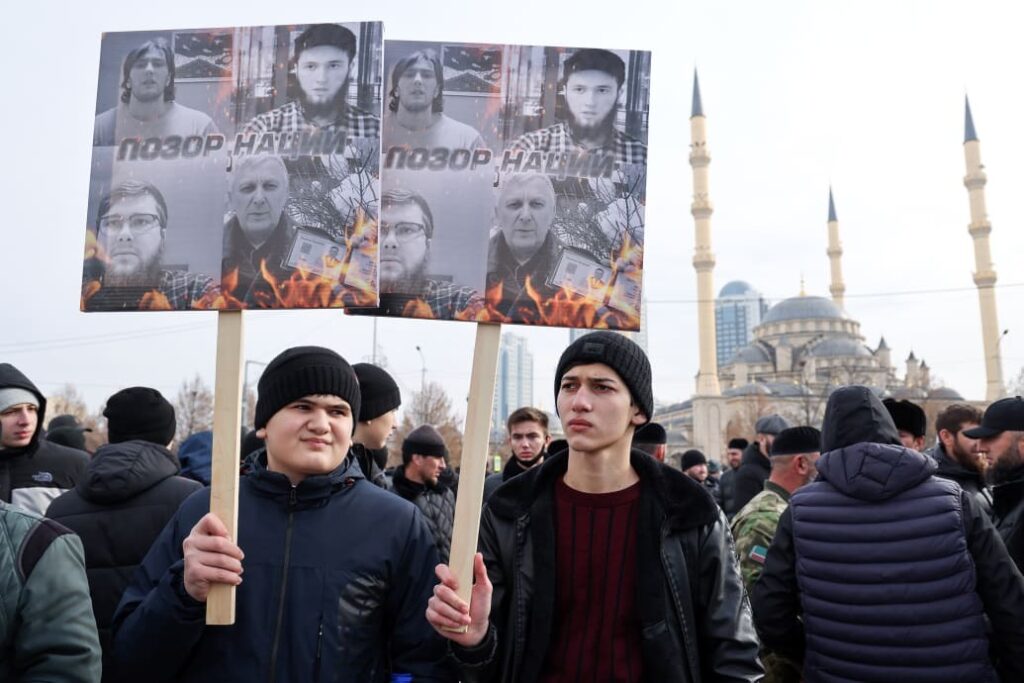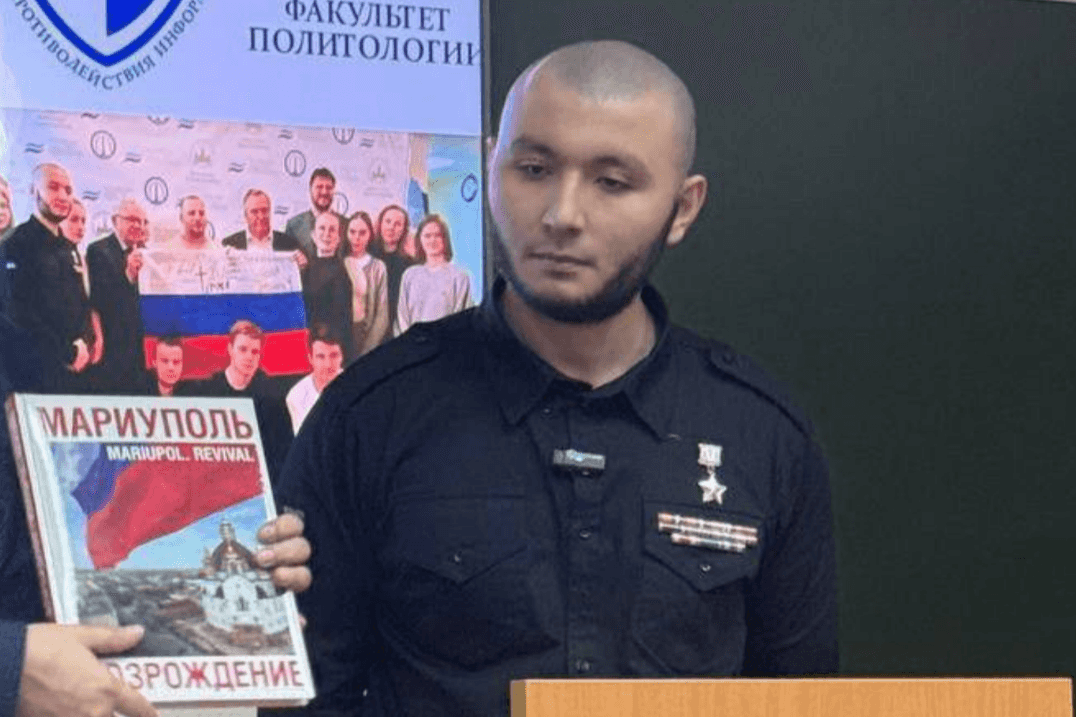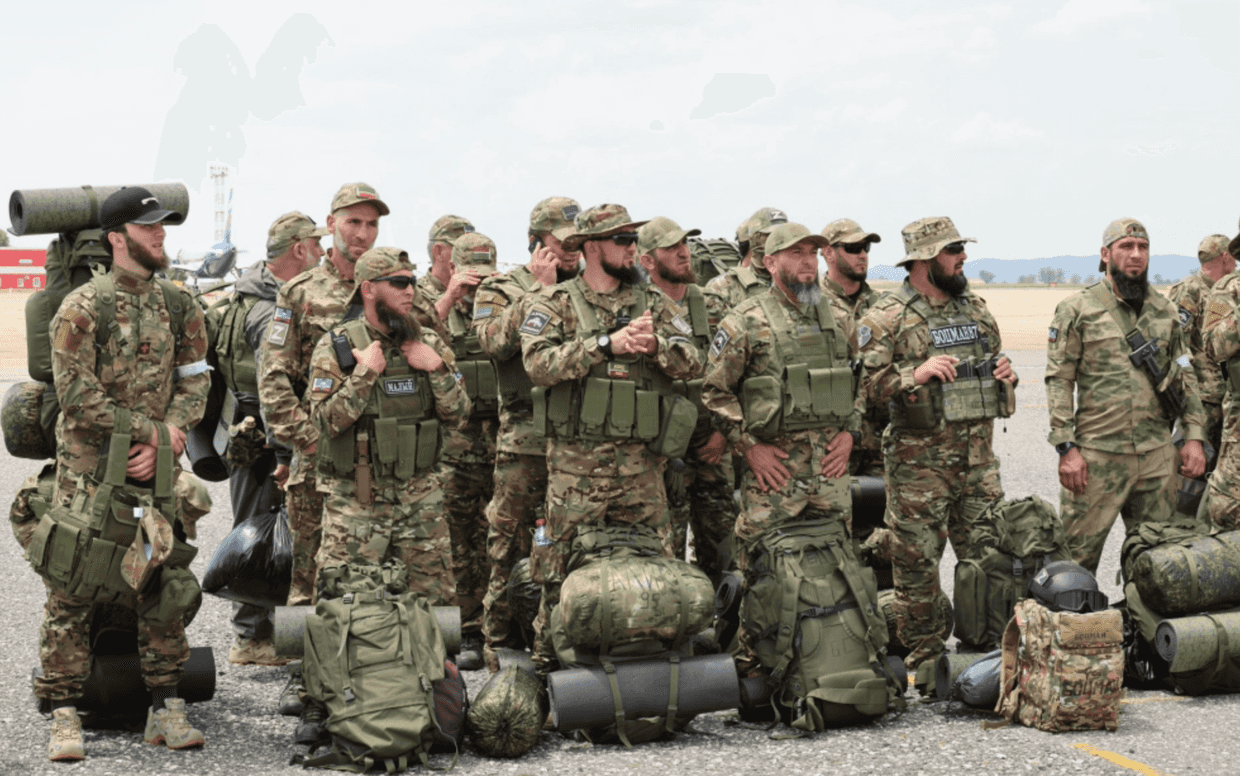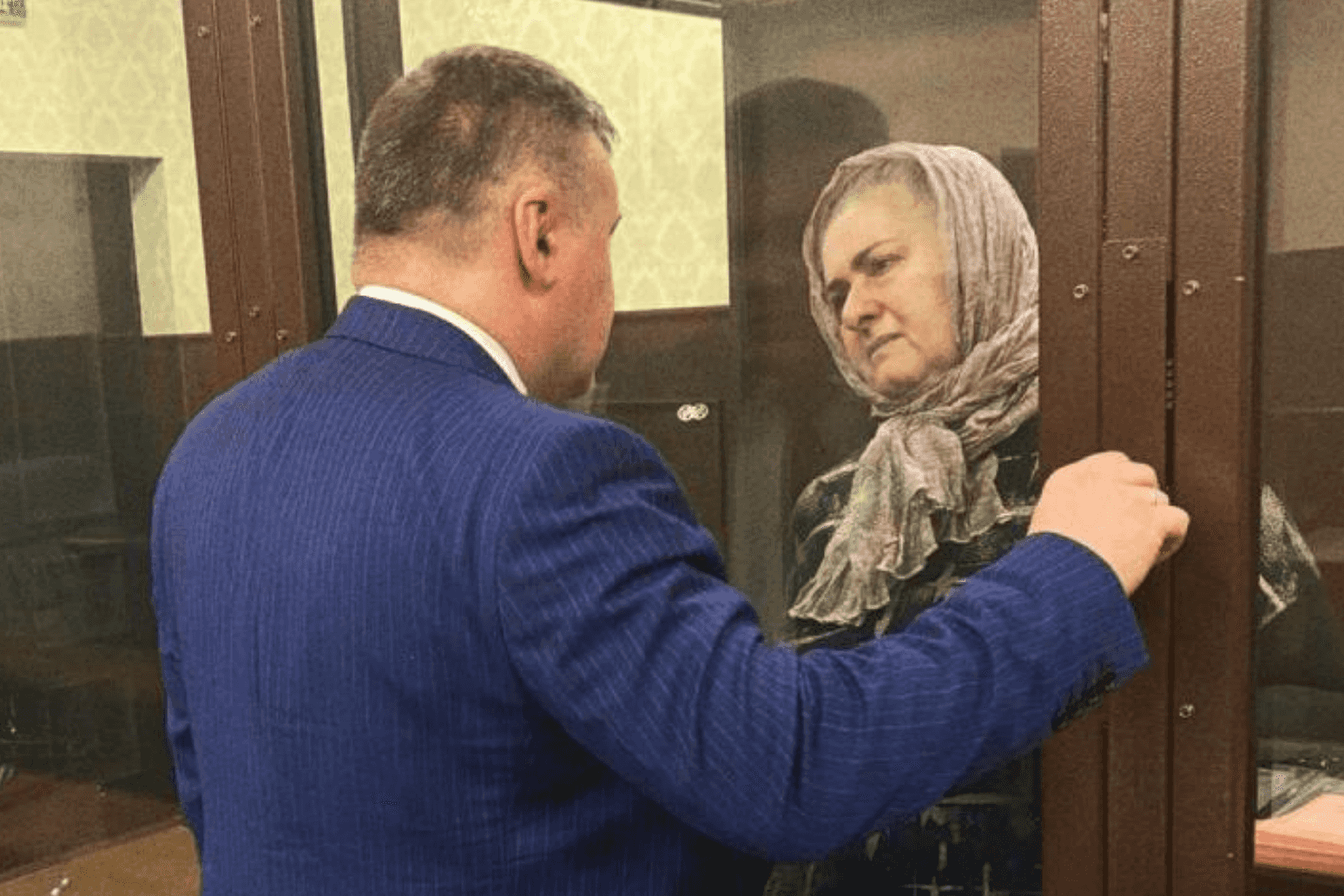
The Yangulbaevs — a family of outspoken critics of Kadyrov’s government— have been the target of a wave of persecution that began after they reported that up to 40 of their relatives were kidnapped in Chechnya.
On 20 January 2022, Chechen security arrived in Nizhny Novgorod, a city some 400 kilometres east of Moscow, to arrest Saidi Yangulbaev, a former Federal Judge of the Chechen Republic.
However, they were unable to detain him due to his judicial immunity, and instead settled for arresting his wife, Zarema Musayeva.
Musayeva, a 50-year old diabetic, was not allowed to put her shoes on or take her insulin shots with her. She was dragged out of the flat and taken to Chechnya — her transfer was deemed legal by the prosecutor of Grozny’s Akhmatovsky District on 14 March.
Musayeva was formally detained as a witness to a case of criminal fraud committed in Chechnya in 2019, even though the Yangulbaev family has not lived in their home republic since 2017.
A few days after her arrest, she was charged with assaulting a police officer, for allegedly scratching the cheek of an officer during the preparation of her trial.
The Committee Against Torture, a Russian NGO, has consistently challenged her detention, but even requests to release the ailing woman on bail or house arrest were unsuccessful.
The Committee was only given access to her following great public outcry and several petitions.
Musayeva was also reportedly coerced into not attending her court hearings, with the official reason being her health condition.
Her husband was later stripped of his judicial immunity after being disqualified by Chechnya’s Board of Judges — a decision he considers illegal and plans on contesting.
‘Of course, I did not expect this [the disqualification], because there are no grounds for this’, Yangulbaev said in an interview with Kavkaz Realii. ‘The legislation describes specific cases in which a person is deprived of this status — for example, obtaining foreign citizenship or a residence permit. I don’t have either.’
Grozny’s anti-sacrilegious rallies
On 2 February, Grozny’s Akhmat Kadyrov Square was the scene of mass rallies held against the Yangulbaevs.

Authorities had accused three of Saidi’s sons of creating and moderating 1ADAT, a Chechen public movement that runs a popular Telegram channel critical of the authorities.
A leaked voice note that was attributed to Ibragim Yangulbaev sparked the protests in Grozny. The recording’s contents denounced the 19th-century Sufi mystic Kunta-Haji.
The revered mystic’s following is the largest in the republic, counting both the Head of Chechnya Ramzan Kadyrov and Saidi Yangulbaev himself among its flock.
Top officials hurled curses at the Yangulbaevs throughout the rally, while protestors kindled a fire in the centre of the city where they burned posters with images of the family, while reports suggest that civil servants and students from various institutions were rounded up to attend the demonstration.
Official media claimed 400,000 demonstrators had participated in the protest, while Novaya Gazeta speculated the number was inflated, and that the square could only accommodate 40,000 to 50,000 people at most.
The Yangulbaev controversy caused a stir among several high profile figures, including the Head of Chechnya himself, who a week before the rally accused the family of terrorism, and the media, which provide a platform for the Yangulbaevs, of complicity. The head of Chechnya demanded that the Russian special services take ‘tough actions’.
State Duma member Adam Delimkhanov, a prominent Chechen lawmaker and supporter of Kadyrov, also joined the fray by openly threatening the Yangulbaevs with murder and decapitation on 1 February.
The lawmaker also extended his threats to those who translate his statement into other languages — a warning that was defied, as global publications reported on it and Amnesty International was quick to express condemnation the following day.
Following Delimkhanov’s threat, similar videos were released by other representatives of the Chechen leadership, including from heads of law enforcement agencies.
The Duma has yet to make a statement on Delimkhanov’s threats, while the Kremlin Press Secretary Dmitry Peskov touched upon it with a dismissive statement.
‘Assessing the actions of an MP is not our function, it is the function of the State Duma and the ethics committee. We would not want to interfere in this process’, Peskov said.
In the aftermath of the rally, Kadyrov was summoned to Moscow, and while his press service insisted that the visit was of routine nature, it was unlikely to have been an ordinary meeting with how President Vladimir Putin had been distancing himself from any and all close contact with people, reportedly due to COVID-19.
Kadyrov’s visit to the Kremlin coincided with coverage of the Yanglubaevs by international media, and while Peskov asserted that the meeting between the two leaders was not going to take place, it nevertheless did. Afterwards, Kadyrov posted a video where he cheerfully described his rendezvous with Putin, claiming that the president would support him — without specifying what kind of support he was promised.
The Kremlin deflects
This latest conflict between Kadyrov and the Yangulbaev family began in December 2021, when relatives of almost all prominent opposition bloggers were reportedly kidnapped in Chechnya within the span of two days. Several dozen people, including women of different ages, were held in unknown places.
[Read more: Dozens of relatives of government critics reportedly kidnapped in Chechnya]
However, the Yangulbaev-Kadyrov friction dates back to 2015, when Ibragim Yangulbaev was detained under suspicions of creating an opposition group on VKontakte, a Russian social media platform.
According to Ibragim, he was personally beaten by Kadyrov and his associates, while his father and his elder brother, Abubakar, were forced to watch.
The eldest of the Yangulbayev siblings, Abubakar, who worked for several years as a lawyer for the Committee Against Torture, was also detained in December 2021 in Stavropol Krai. He was interrogated by FSB officers, who confiscated his personal laptop and phone.
It is likely that Kadyrov’s services were able to secure the alleged voice messages about Kunta-Haji that sparked the Grozny protests from his family’s personal conversations on the confiscated devices.
The Yangulbaevs, some of whom currently reside in Europe, have intensified their opposition activities, giving maximum publicity to what is happening in Chechnya.
While in one of his broadcasts about the Yangulbaevs, Kadyrov said that ‘if they are men, they should come and take their mother from me’.
Not succumbing to these provocations, the Yangulbaev brothers continue to accuse the Chechen authorities of mass crimes against the republic’s population.
Outside of the North Caucasian republic, Ilya Yashin, an opposition politician and government critic, set up a petition to remove Kadyrov from power.
The petition garnered more than 50,000 signatures in less than a day, however, the Kremlin said that it was not going to take it into consideration, as those signing it were ‘anonymous’.
Meanwhile, the Kremlin remains silent on the Yangulbaev issue, despite threats of violence and murder made by Chechen officials.








